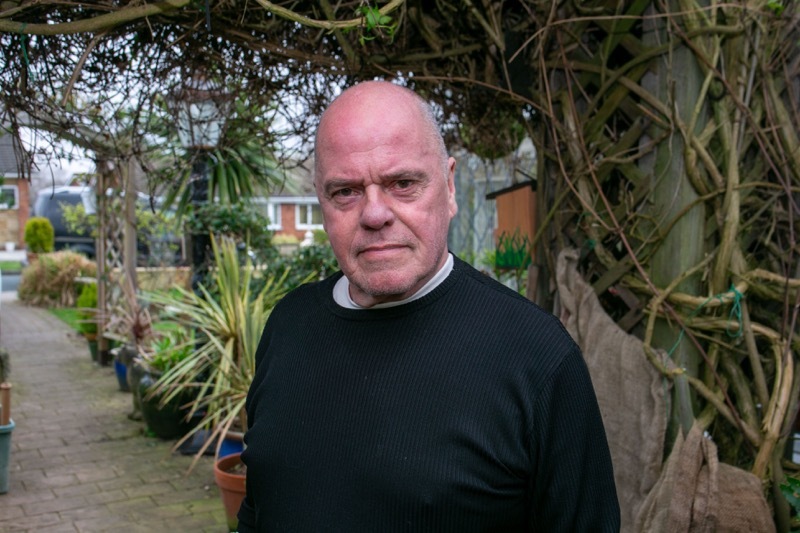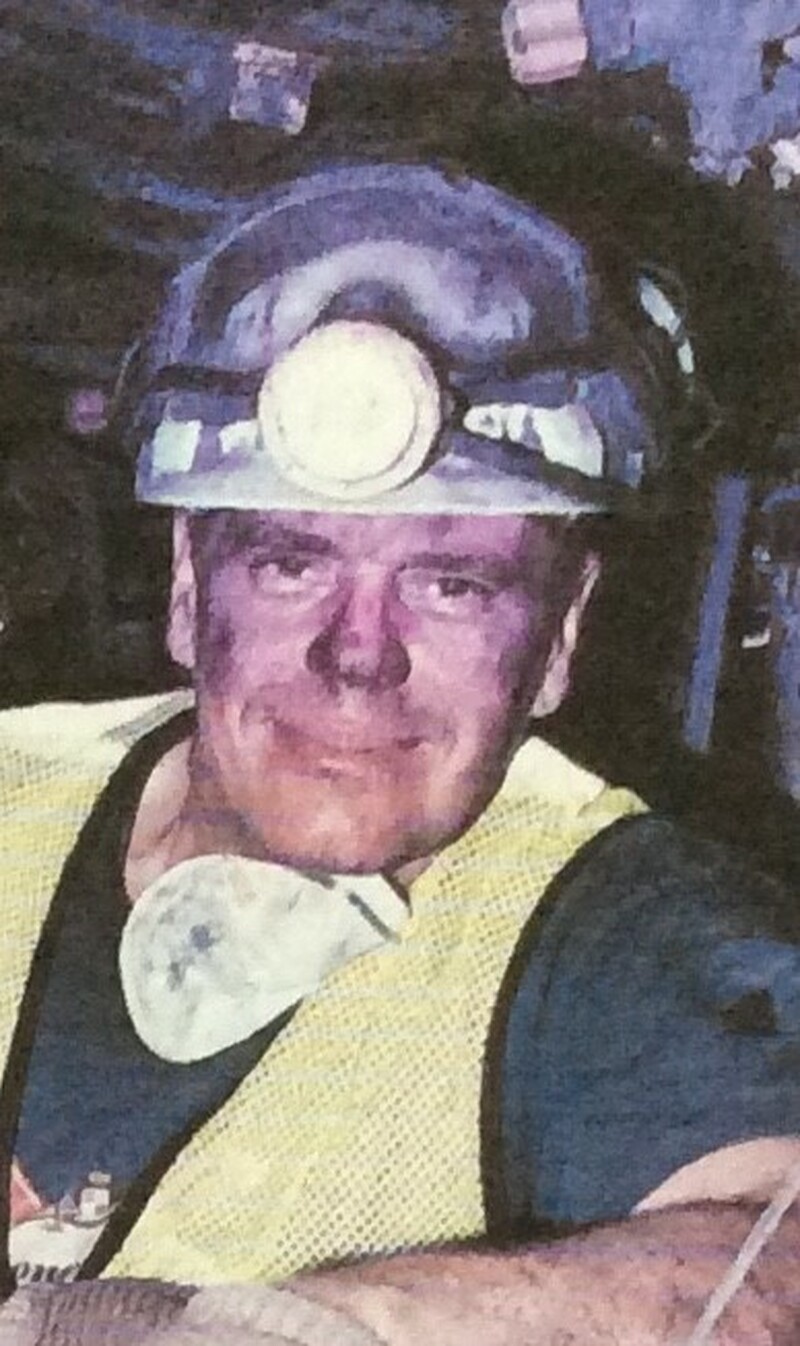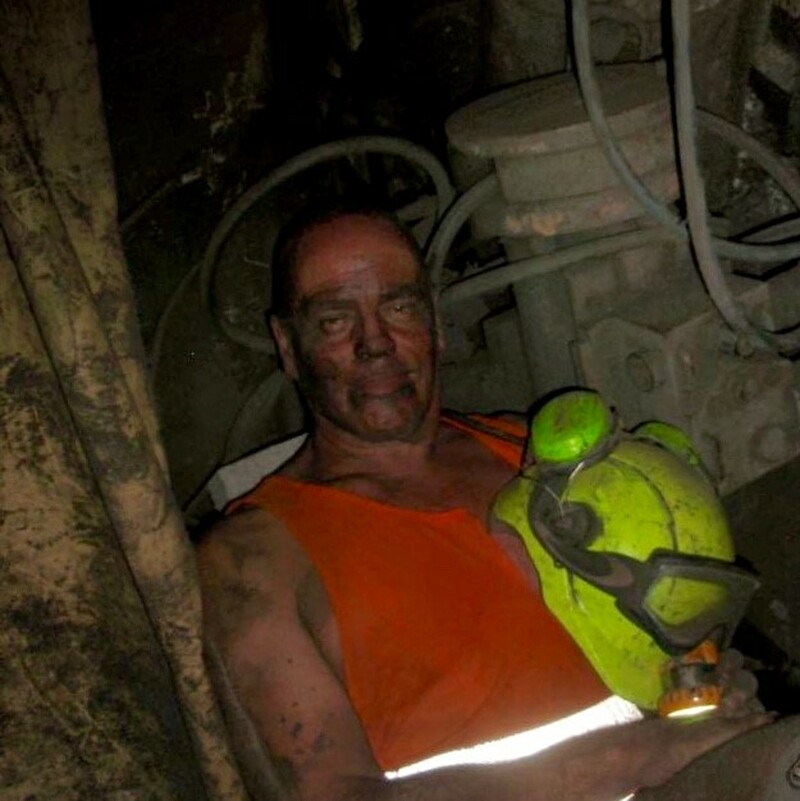WEDNESDAY marked 40 years since the first day of the renowned 1984/85 miners’ strike which lasted just under 12 months. Retired ex-miner Alex Mathewson, from Pogmoor, reflected on the monumental industrial action with Chronicle chief reporter Jack Tolson. From the sheer devastation at the ‘Battle of Orgreave’ to some ‘fun in the sun’, Alex reminisced about the strike.
ALEX now 69, left school aged 15 and like many others his first thought was to go down into the mines with his dad.
Having started at Elsecar Colliery as a young teenager, Alex told the Chronicle it was the ‘done thing’ for locals to do at the time
“We went straight from school after my 15th birthday in 1969.
“The reason I went to the pit was because my father had already been working there.
“He’d been in World War Two and then came to the pits he always said it was pretty decent pay.
“So that’s what I did there wasn’t much choice really.
“Elsecar Colliery was a nice and friendly pit, even though there was three seams of coal, they produced over a million tonnes of coal a year.
The early 1970s was the first time Alex noticed his peers having an issue with their pay, which led to much smaller-scale strikes taking place.
“Back in the early 70s, miners and young men like myself started saying and feeling like we weren’t being paid enough,” he added.
“I was one of those that was really interested in going on marches and picket lines.
“As time went on, Elsecar closed and I moved to Barnburgh Colliery.
“I wasn’t there for too long before the big strike came on. There was a hands up, vote, and we were all off on strike.”
March 6 was the date the strike action began and, despite being involved in previous strikes, Alex admits it didn’t take long for people to realise this was different.
“We knew more or less within a week that this was something different,” he said.
“We’d all got televisions, we could all see it. My dad said that this would be a long one.
“Everyone who wasn’t working at the pits could see it. Margaret Thatcher was after the miners it had been planned.
“My father said we’d have to dig in deep. No-one was ever going to give in and that was proven. All I can say is looking it at 69, I didn’t want him (Arthur Scargill) to give in.
“But the very bright people should have said we should negotiate and get a better deal. What could we have got?”
Recalling the year-long strike action, Alex said the so-called ‘Battle of Orgreave’ saw some of the worst scenes he had ever witnessed.
On June 18, 1984, there was a violent confrontation between pickets, South Yorkshire Police and other police forces at Orgreave in Rotherham.
It was a pivotal event in the strike, and one of the most violent clashes in British industrial history.
Alex said it’s a miracle that no-one died that day.
“It was the biggest set-up that I’ve ever seen like lambs to the slaughter,” he added
“Between the government and Arthur Scargill there was a battlefield.
“We went in with sticks and the other team had guns. I have never run across fields like it in my life.
“That morning the boys in blue had been told: no prisoners.
“One or two of my friends got caught and luckily, I wasn’t bad at getting over fences.”
Without the help of nearby family, Alex believes he would have been caught.
“I was in someone’s front room hiding from the police,” he added.
“I stopped with them until 5pm at tea time when the road was clear.
“My mates had already gone.
“They were knocking on everyone’s door if it wasn’t for those people saying you’re not coming I’d have been caught.
“That’s how nice people were.
“There were some brave souls but those that were battling one police man, after ten seconds it was half a dozen. They didn’t hold back.
“Those truncheons went on their heads, they smashed them in the face.
“I watched them being dragged up roads with blood all over their faces.
“These lads were thrown into the back of vans with all sorts wrong with them.
“It’s a wonder with how they were that someone didn’t die they got away with that.
“I saw one lad hit and on another day he would have died.
“Police men were standing with shields and beating men that would never happen today.
“It wouldn’t be allowed.”
Miners in Nottinghamshire and Derbyshire are often referred to as ‘Scabs’ for going back to work and crossing the picket line but Alex admits he can understand why, in some circumstances, they did what they did.
“More and more, especially in the Midlands, people started going back to work.
“Even though I didn’t like it, I’m the sort of person that can see when I’m losing.
“Some of these people were losing their houses, their wives were divorcing them. I could see it.
“I’m not a big one for calling people scabs who went back after nine months. I was in a position where I could stay out and strike.
“We kept on picketing and I could see in the end that there was more and more going through.
“As time has gone on, I look back and think that some of them were very brave to do that.
“At the time tensions were high, but coming up to Christmas when people had nothing I understand.
“People had kids, they had rent to pay. I was never in the position of losing my house, I don’t know what I’d have done it would have been hard.
“I’ve talked to these people. You learn what they went through, and what they did go through doesn’t always resonate in South Yorkshire.”
Looking back 40 years on, would Alex change anything?
“I’m nearly 70 and it’s time to reflect,” he said.
“You think to yourself I was only 30. At 30 you’re gung-ho, you’ll do anything and you’re not bothered.
“I wouldn’t change it because I actually enjoyed those 12 months.
“I’d had that much time on my hands after being in the pit.
“It was good weather, we’d sometimes just be sat in the sun.
“All right, we weren’t in the pub like we used to but the only problem I had was money.”





























